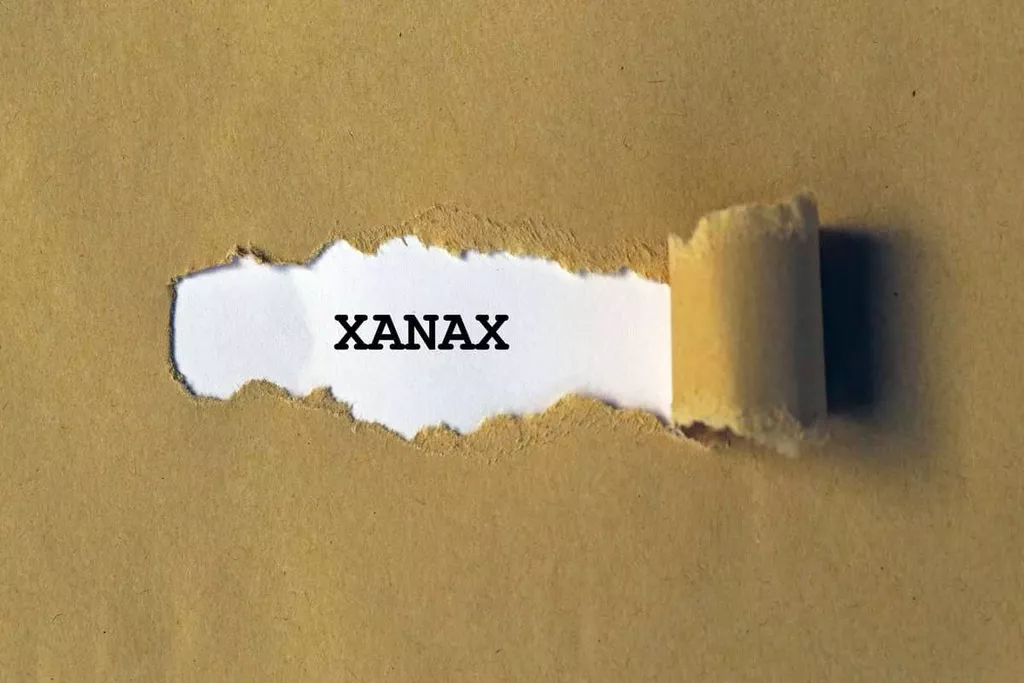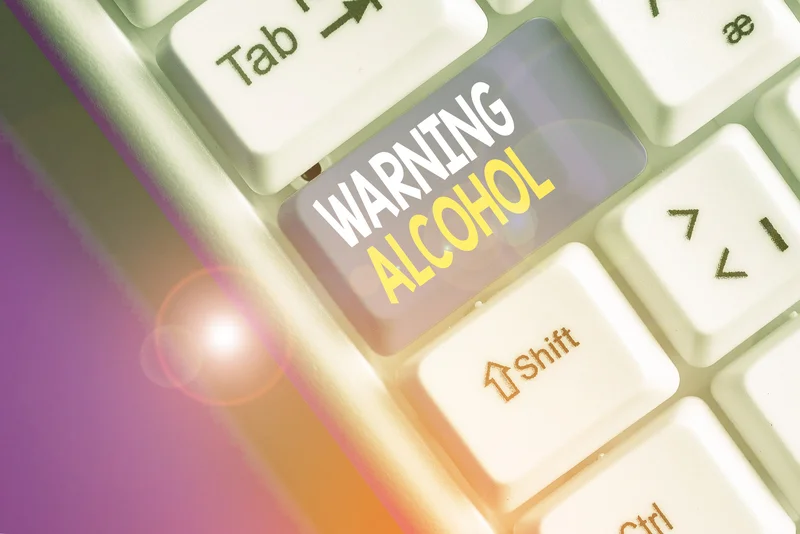
That’s your brain adapting to alcohol—and signaling deeper chemical dependence. BetterHelp offers affordable mental health care via phone, video, or live-chat. As a result, the body will have a more difficult time defending against harmful viral particles. The effects of alcohol can become even more dangerous when people consume too much ethanol over an extended period.

Struggling With EtOH (Ethanol Alcohol) Abuse? You’re Not Alone. The Edge Treatment Center Can Help
Very high concentrations of alcohol in the blood can cause breathing problems, coma, or death. GateHouse Treatment offers top-of-the-line outpatient, intensive outpatient, and partial hospitalization programs to support you during every recovery step. We also partner with quality sober homes to give you a relaxing, stress-free environment to focus on wellness. The first step in recovery involves acknowledging the problem and making a firm decision to change. This can be the most challenging part, as it often involves confronting the reality of one’s situation and dealing with feelings of shame or fear.
Symptoms of ETOH Abuse

Drinking a lot on a single occasion slows the body’s ability to ward off infections–even up to 24 hours later. Drinking too much – on a single occasion or over time – can take a serious toll on your health. The whole body is affected by alcohol use–not just the liver, but also the brain, gut, pancreas, lungs, cardiovascular system, immune system, and more. Ethyl alcohol (EtOH) addiction withdrawal and rehabilitation are difficult and mentally and physically exhausting processes. Ethanol can impact serotonin levels in the brain, affecting mood and behavior. Serotonin levels in the brain can rise due to alcohol use, resulting in positive emotions.
Treatment Options for Alcohol Addiction
You’ll experience intense cravings for alcohol and withdrawal symptoms when you stop using it. ETOH, or ethanol, is alcohol found in alcoholic beverages such as beer, wine, and spirits. It is a psychoactive substance with dependence-producing properties. ETOH is commonly consumed for its intoxicating effects, but misuse can lead to significant health risks and social issues. It is important to understand ETOH abuse because it helps in identifying ETOH abuse and dealing with serious conditions linked to alcohol consumption. Ethanol, the alcohol in drinks like beer and wine, can lead to addiction when consumed frequently or in large amounts.

- From there, they can address the drinking problem including the reasons for EtOH abuse and come up with ways to cope with this dilemma.
- In some cases, medication may be prescribed to help manage withdrawal symptoms and cravings.
- Binge drinking is especially dangerous because it quickly raises the blood alcohol level, increasing the risk of accidents, alcohol poisoning, and risky behaviors.
- Health officials recommend that both men and women drink less than 14 units of alcohol per week.
- We’ll also discuss some of the treatment options available for you, or someone you love, if they have become dependent on it.
Even if someone doesn’t drink every day, binge drinking can still cause serious harm to their health and well-being. Abusing ethyl alcohol can lead to a long list of risks and dangers. First, alcohol can increase the symptoms of mental health conditions like depression or anxiety. It can cause you to experience more severe symptoms as time goes on. If you relate to any of the risk factors for alcohol use disorder, you should avoid engaging in EtOH abuse. Alcoholism causes you to become dependent on the substance, leading to potentially life-threatening Sober living home alcohol withdrawal symptoms when you stop using it.
- Despite being one of the most widely consumed substances in the world, alcohol can lead to serious physical, emotional, and social consequences when misused.
- Because of this, a person’s BAC levels increases when he drinks more alcoholic beverages.
- Ethyl alcohol is a central nervous system (CNS) depressant that slows down brain activity and can cause feelings of relaxation and reduced inhibitions.
One size does not fit all and a treatment approach that may work for one person may not work for another. Treatment can be outpatient and/or inpatient and be provided by specialty programs, therapists, and health care providers. If your pattern of drinking results in repeated significant distress and problems functioning in your daily life, you likely have alcohol use disorder. However, even a mild disorder can escalate and lead to serious problems, so early treatment is important.

